Reading opens up a world of wonder and discovery for your child and it enables them to transform their understanding of the world around them. The journey to make your child an early reader is filled with excitement as children learn to make sense of the letters and words surrounding them daily. Reading should come to your child as a natural habit and not something that is forced onto them.
The objective of reading is to create a delightful experience for your child’s daily routine. This in turn also lays the groundwork for academic success and personal growth for your child. However, as a parent, this process can be confusing without the right support and encouragement. Parents and teachers play a very crucial role in guiding children through this important developmental stage.
Explore 10 Effective Ways on How to Make Children Read
- Introduce books early
- Create a dedicated reading space
- Be a reader yourself
- Read out loud to your child
- Have discussions about what has been read
- Make reading an enjoyable activity
- Consider your child’s interests
- Bring in creativity
- Introduce different settings for reading
- Make technology a part of reading
Encourage your child to experience contact with books as early as possible. At this stage, the focus should be on exploring books with different textures having bright and engaging pictures. Early exposure to books within the school environment helps develop your child’s motor skills and sparks curiosity. As children grow, their interaction with books evolves and they begin to appreciate the stories, information and values within them.
Design a dedicated cosy and inviting reading space for your child. This area should be equipped with child-friendly furniture, such as low shelves that are suitable for their height, baskets and reading mats. A comfortable and accessible reading corner encourages a spontaneous and enjoyable reading experience for your child. In a classroom setting, a well-organised reading corner can foster a sense of community and make reading a collective and enjoyable activity.
Children often imitate adults around them. Leading by example is the best way to teach something to your child. If they see you reading regularly, they are more likely to develop an interest in reading themselves. As a parent, you should demonstrate that reading is a pleasurable and meaningful activity by setting aside time for your reading. Seeing you read will help your child understand that it is something enjoyable and will certainly develop their taste for reading.
Reading to your child should be a part of your daily ritual. Do your research and carefully choose early reader books that are appropriate for their age and interests. Create an enjoyable reading environment by selecting a quiet, comfortable spot and making the experience engaging with expressive storytelling. Encourage your child to ask questions and share their thoughts about the story. This interaction will spark their curiosity levels and also enhance their imagination.
Engage your child in simple conversations about the books you read together. Discussing the story helps develop their comprehension skills and stimulates their imagination. Ask open-ended questions to encourage critical thinking and personal connections to the story. This will make reading a more engaging experience for your child.
Make sure that your child considers reading as a fun activity. Use expressive voices, gestures and facial expressions to make stories interesting and real. Make connections between the story and your child’s real-life experiences. The more fun the reading sessions, the more likely your child will develop a love for reading.
Give attention to where your child’s interests when they select books for themselves. Whether they are fascinated by animals, fairy tales or adventures, choose early reader books that align with their passions. Respecting their preferences shows that you value their opinions and makes reading a more enjoyable activity.
Reading should be an imaginative and creative activity. Encourage your child to create their own stories based on pictures or themes from the books they read. This makes reading interactive and also enhances their storytelling skills and imaginative power.
Expose your child to books in various settings. Regular visits to libraries and bookstores can introduce them to a world of reading and exploring. Let your child pick their own books. This will create a sense of independence and excitement about reading in their minds.
Incorporate technology wisely into your child’s reading habits. Educational apps and e-books can make reading more interactive and engaging, especially for reluctant readers. Balance screen time with traditional books to ensure a well-rounded reading experience.
Benefits of inculcating reading habits in children
The impact of reading on a child’s development is immense, with numerous studies highlighting its benefits because of its vast learning potential. Therefore, teachers and parents play a crucial role in making reading an integral part of children’s daily lives. Children who read regularly have a larger and more diverse vocabulary, which enhances their communication skills. It allows their imagination to flourish, which in turn boosts their creative skills. Books provide insights into different cultures, places and ideas which gives children a deeper understanding of the world around them. Reading together strengthens the bond between parents and children and fosters a sense of closeness and security. Additionally, reading helps children develop better social interactions and communication skills. By making reading a daily habit, teachers and parents can significantly contribute to a child’s overall development and lifelong success.
Developing a love for reading in children from an early age is essential for their cognitive and emotional development. By incorporating these practical strategies, you can create an enriching environment that promotes early reading skills in your child. Mother’s Pet Kindergarten exemplifies how early education settings can support this journey by offering a nurturing atmosphere for young learners. Reading and storytelling are an integral part of early education and Mother’s Pet Kindergarten facilitates this by helping children discover the joy of reading.
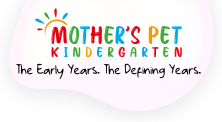
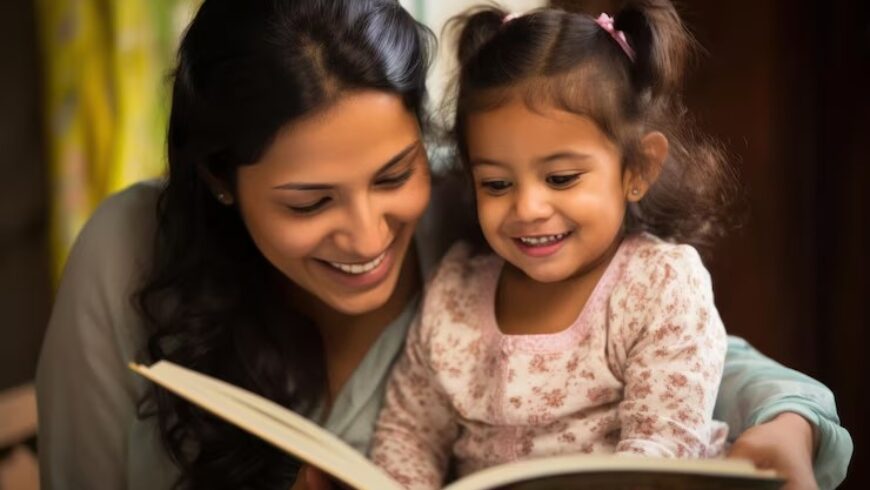
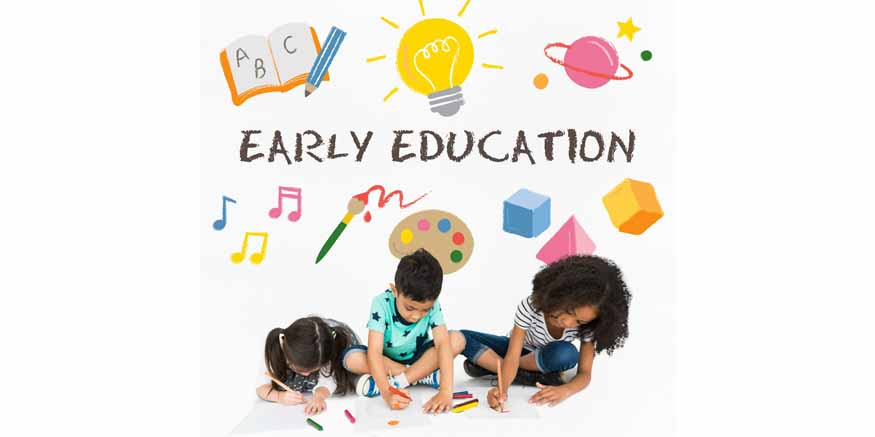


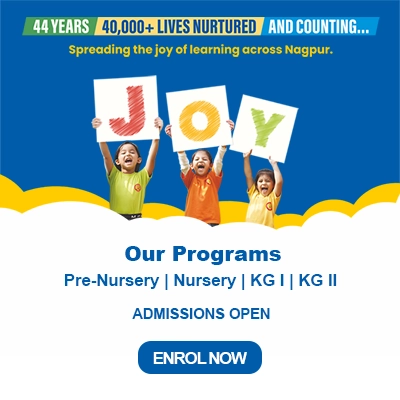

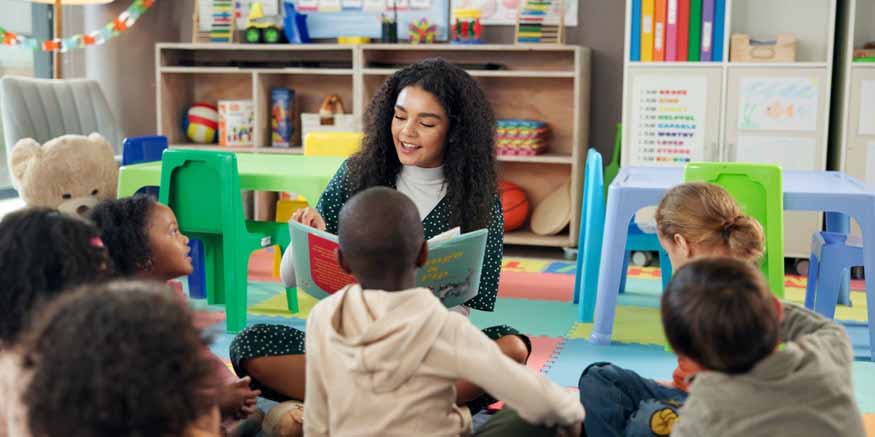
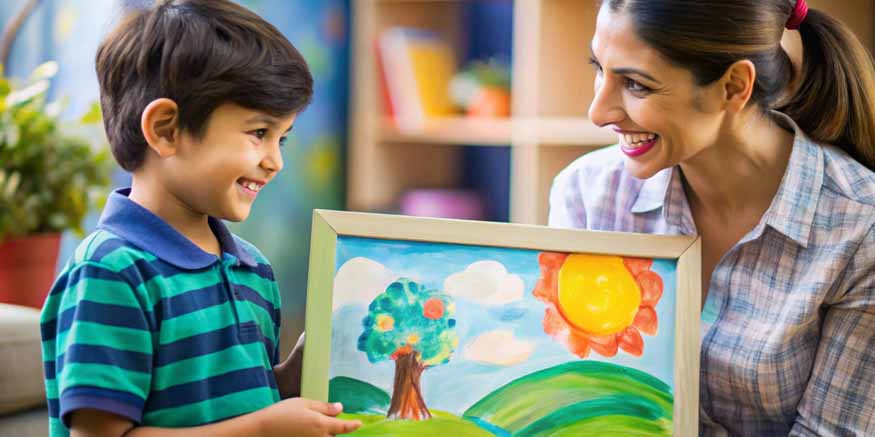
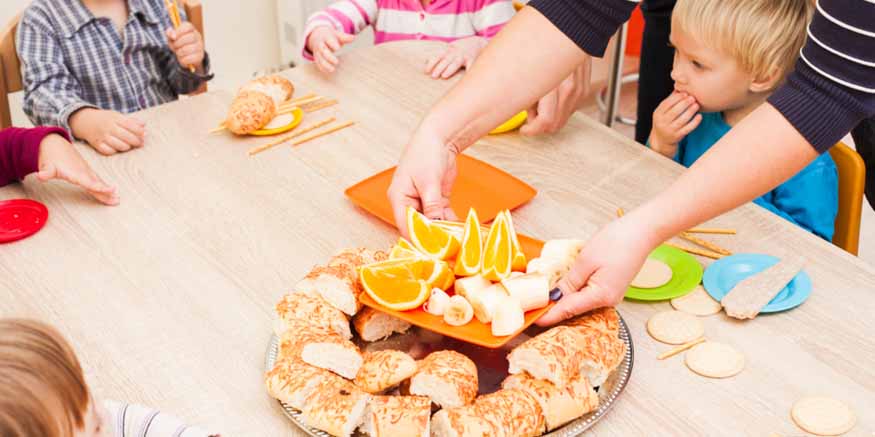

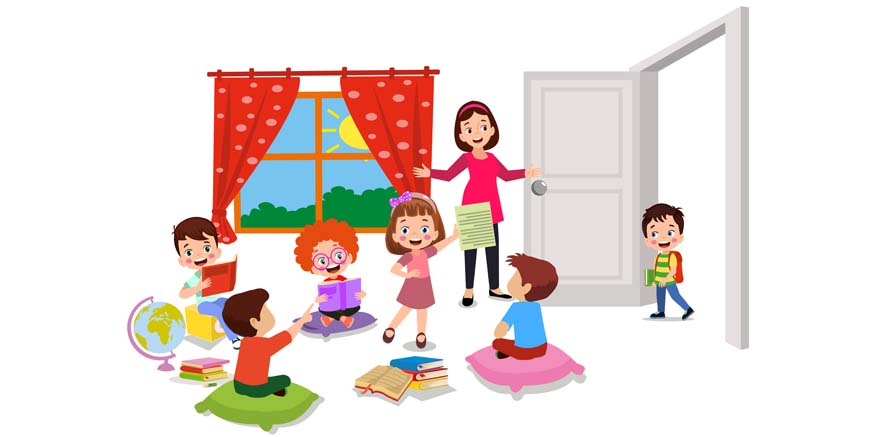

Recent Comments